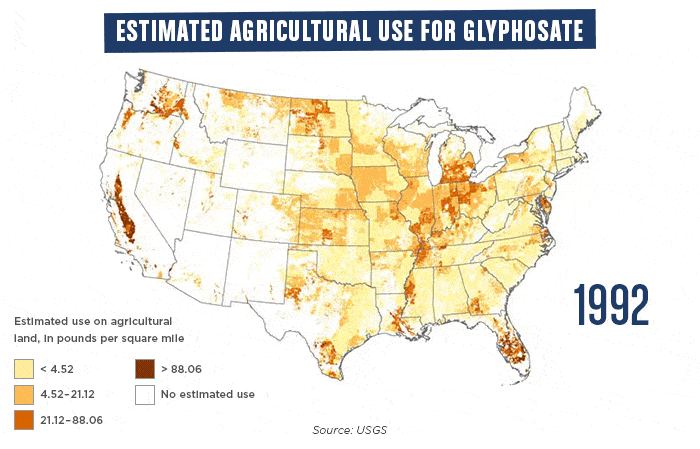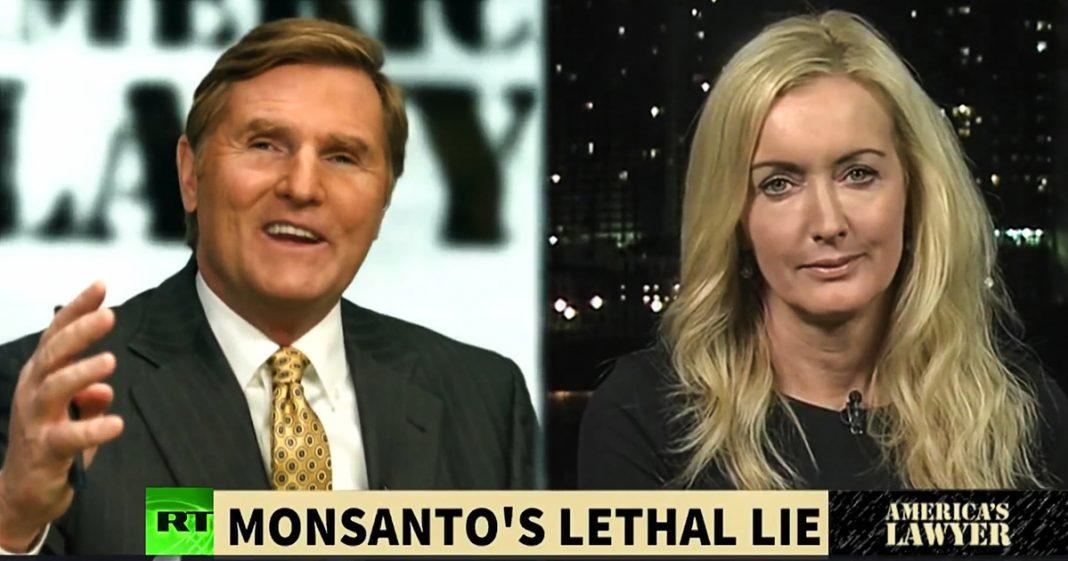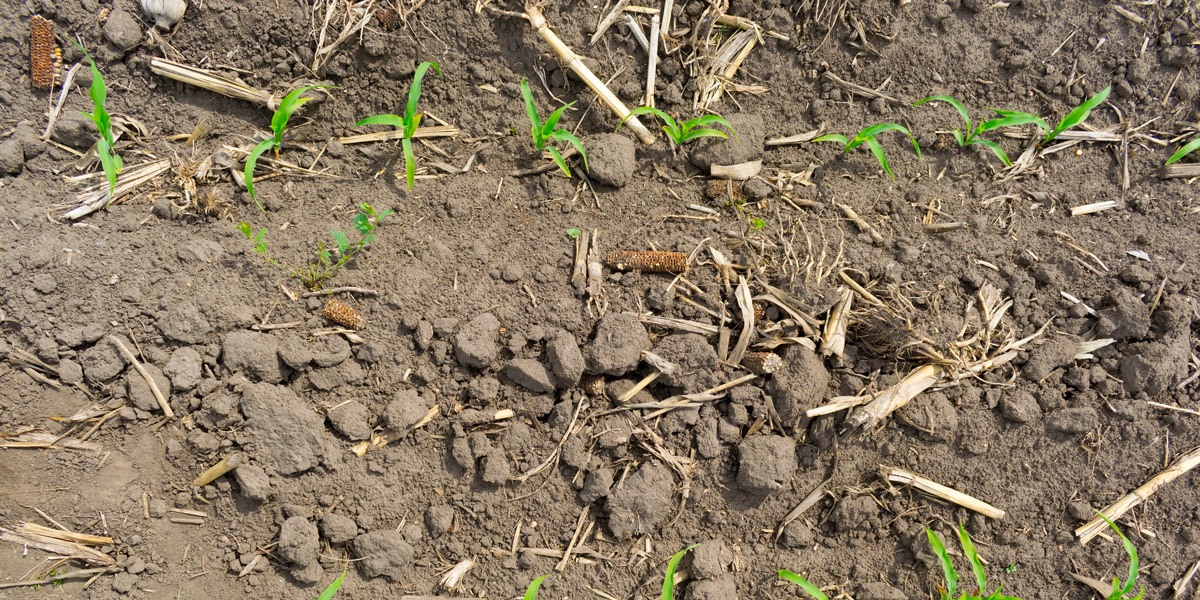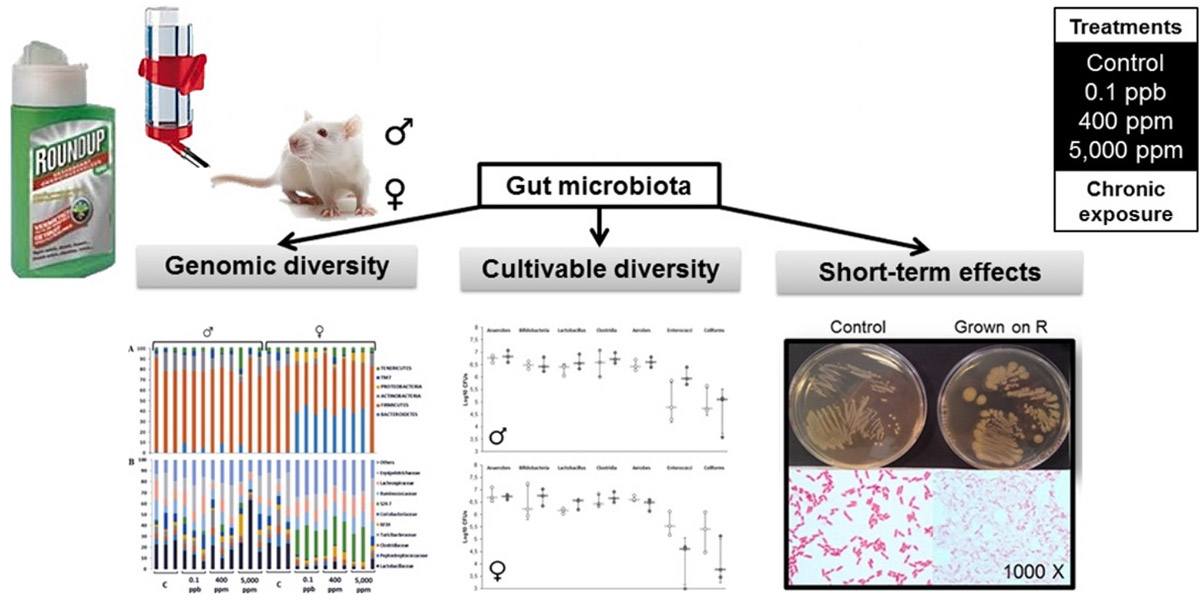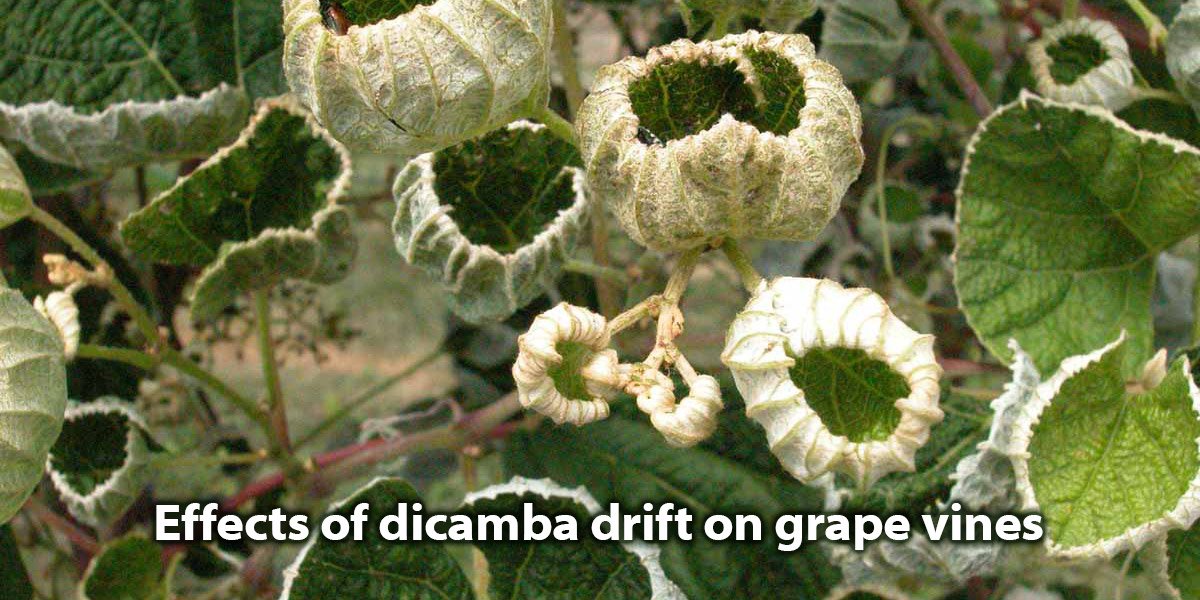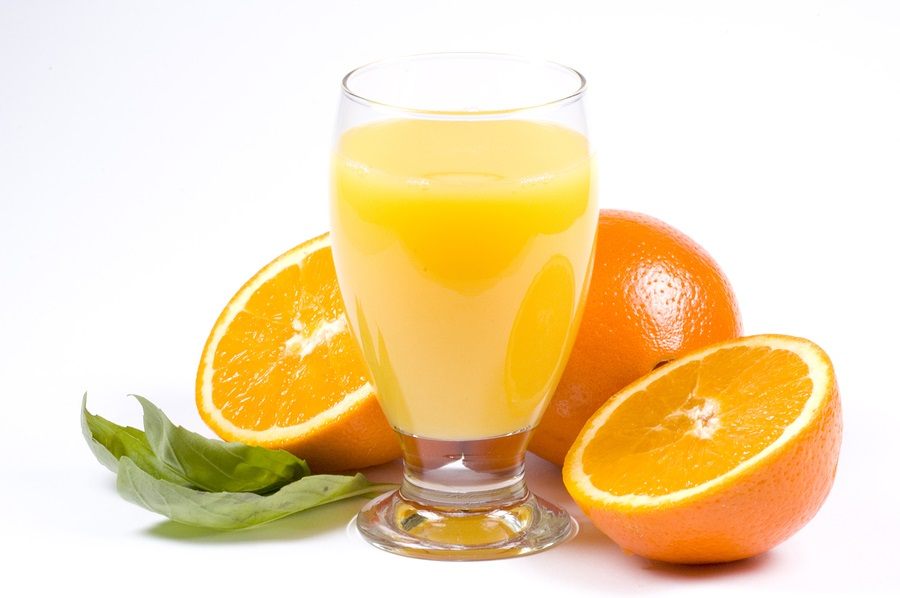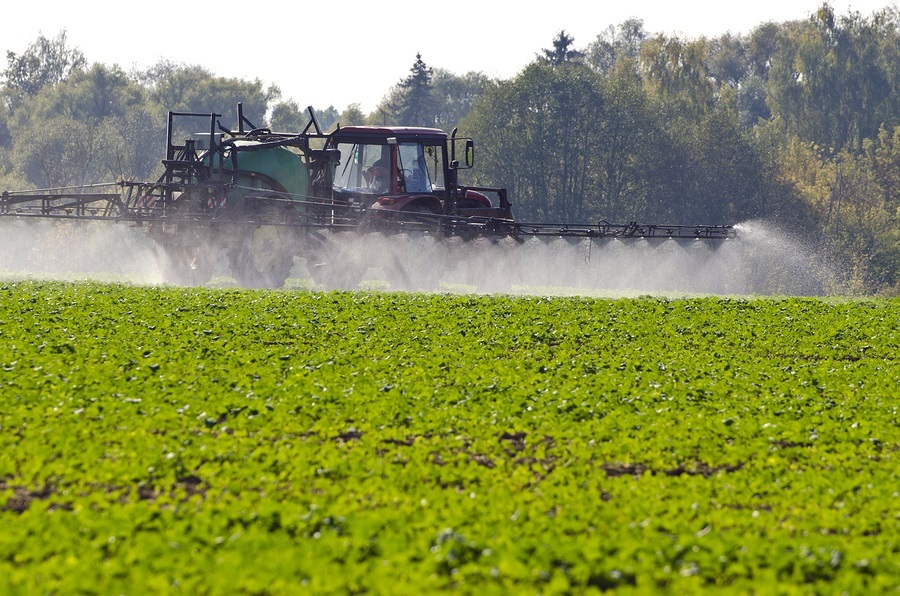The story with Monsanto’s round that begins as early as the 1980s when laboratory tests on glyphosate began to show cellular changes in laboratory animals that should’ve been considered early signals of a relationship clearly to cancer. In fact, in 1985 the EPA determined that glyphosate, which is the primary ingredient in Roundup, needed to be classified as a Class C carcinogen, which meant that it clearly is suggested of a relationship to cancer. But then miraculously for some reason six years later the EPA suddenly changed that classification to something just the opposite. Now they were saying that they were wrong to classify it as a possible carcinogen and that the public had nothing to worry about when using products that contained this chemical. That was their change. Then all of a sudden the laboratory data from the early ’80s that the EPA use to classify glyphosate as cancer suddenly became unavailable to the public. Why? Because Monsanto argued that all the early testing results for this chemical fell under a protection of trade’s secret rule, meaning they didn’t have to share this information with the general public. It was theirs. They were going to keep it quiet.
Joining me now to talk about this is Carey Gillam, author of the book Whitewash: The Story of Weed Killer, Cancer, and Corruption of Science.





